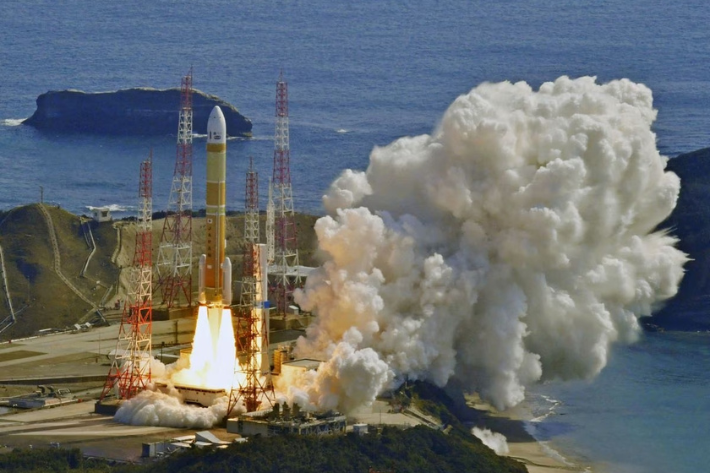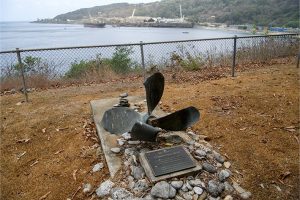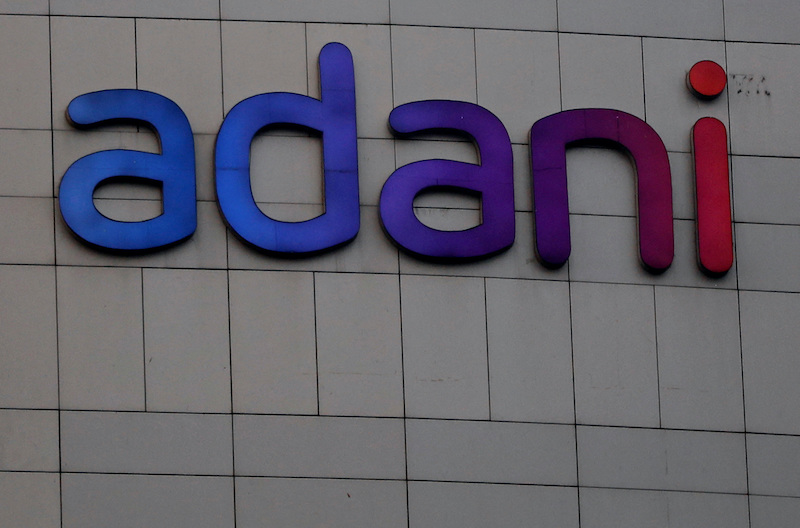A surge in Japanese space spending has given domestic startups a turbo boost and stoked investor demand in the nascent sector.
Japan’s biggest postwar defence build-up in the wake of China’s growing technological and military clout has provided a rare tailwind for the domestic aerospace sector.
The government has also pledged financial supports for space startups, establishing a 1 trillion yen ($6.88 billion) fund for the next 10 years.
Also on AF: China’s Leaders Meet to Set Growth, Stimulus Target for 2024
One example is aircraft company PD AeroSpace, which is aiming to start commercial spaceflight services in 2030, and is considering an initial public offering by 2027 or possibly earlier, seeking some 17 billion yen ($117 million) in funding, chief executive Shuji Ogawa said in an interview.
By doing so, his company would follow in the footsteps of radar satellite firm iQPS and lunar transport company ispace, which both debuted in the Tokyo market and secured million-dollar government subsidies this year.
“Risk money and state budgets are finally coming to Japanese space ventures,” said Ogawa, a former aircraft engineer who founded PD AeroSpace in 2007, even though government rejected his company’s application for the latest rocket development grant.
The Nagoya-based startup has built an engine that can switch jet and rocket combustion modes midair, clearing a way for a new type of reusable spaceplanes that can horizontally take off and land at conventional airports.
Ogawa said PD AeroSpace’s shareholders are split about whether the company should engage more in state-funded defence projects, with some focusing on lucrative government support, while the others say they want to invest only in non-defence space projects.
“Our current principle is to develop technologies that are centred around peaceful use,” he said, adding 90% of his employees do not want it becoming a defence company.
Drone Aircraft Crash
PD AeroSpace has so far secured 1.2 billion yen in funding from airline ANA holdings, travel agent H.I.S. Co and more than 20 businesses and venture capital firms.
Challenges are mounting. The company’s drone aircraft crashed into the ocean during a test due to communication trouble in June, and the government’s new million-dollar grant for spaceplane startups will not be available until 2027.
It is seeking to raise 3 billion yen in its next fundraising round, mainly from corporate partners in logistic and insurance sectors, and will use the funds to launch an unmanned space plane in 2025 that would reach suborbital levels 80 kilometres (50 miles) above the surface, Ogawa said.
“Ideally, the best stage for our IPO is around 2027… when we plan the first prototype human-aboard flight,” he said.
The firm’s target date for first commercial space flight has been delayed for seven years now.
The initial plan was to list shares after the start of its commercial services, just like US space travel giant Virgin Galactic’s 2019 IPO, but growing demands for suborbital flights could mean an even earlier listing such as in 2025, he said.
- Reuters with additional editing by Sean O’Meara
Read more:
Japan Space Agency Says Rocket Data Safe After Cyberattack
Japan Plans to Beam Solar Power From Space by 2025 – engadget
Japan’s ispace Launches First Commercial Moon Lander
Japan’s Space Agency Tests New Scramjet – NHK























